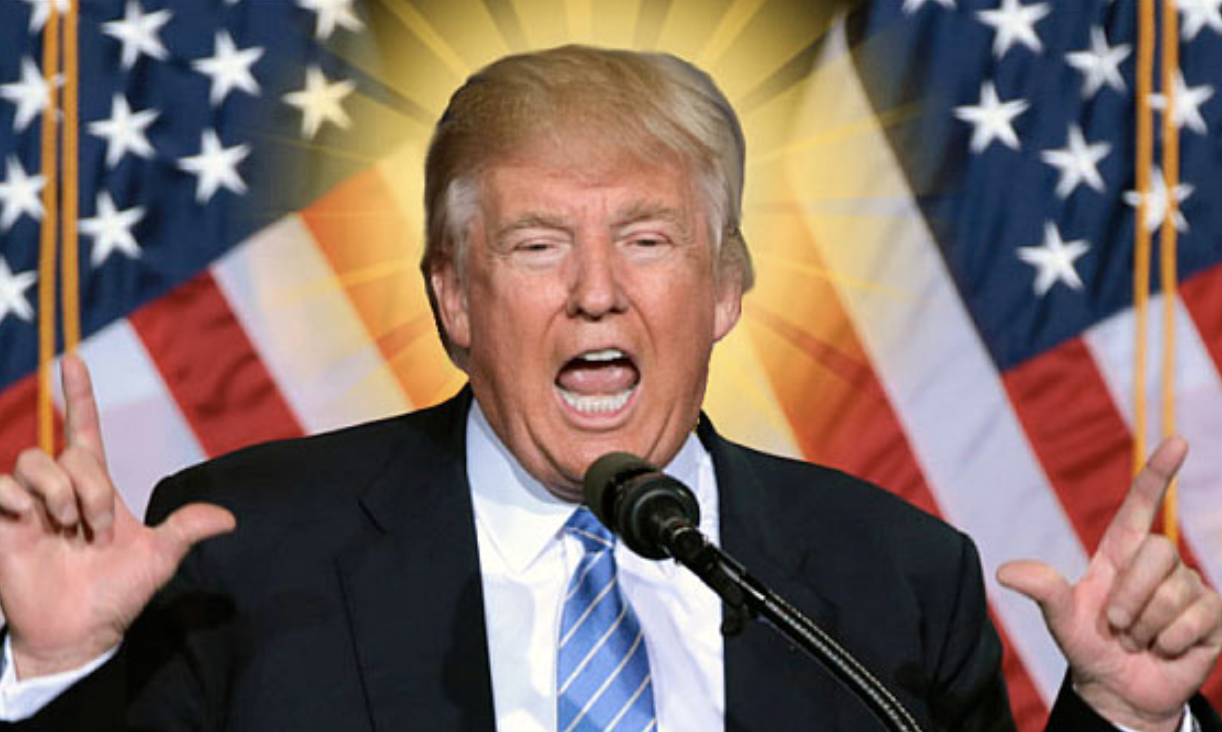Every now and then, I see an email or comment from a reader who says something like: “If you guys keep seeing big holes in stories, why don’t you do some work and try to fill them?”
Truth is, we are a commentary website, not a hard-news operation. Some holes can be filled with a few clicks of a computer mouse, and we have been known to do that. Others would require direct contacts with sources involved in the original story.
A trickier issue is when people involved in stories CONTACT US and offer their own takes on what was published. Also, your GetReligionistas never assume the reporter named in the byline was responsible for every detail or wording that appeared in the final story. Trust me, it really ticks off a reporter to be blamed for a flaw in a story — when it was the result of an editor’s work.
All of that is a prelude to this unusual post, which is an update on this one: “Kansas City Star shows a curious lack of curiosity about pro-LGBTQ Christian school's closing.” In this case, a religion-beat veteran decided to run the Star report as a wire feature, but was curious about some of the same issues that caught my attention.
Let’s start at the end of my post:
What is the painful reality that this story is striving to avoid? To answer that question, we would need to know something about the churches on both sides of this debate.
Here is my suggestion: Talk to the leaders of nearby African-American evangelical, Pentecostal and Baptist congregations, especially those linked to parents who were sending their children to this school.
To be blunt, there was a very obvious “reality” that the Star report — “KC Christian school lost donations after supporting LGBTQ rights. Now it’s closing” — avoided. What was it? Readers will need to see that information in context. So, yes, hold that thought.
The big question: Why did parents, donors and church leaders cut their support for this idealistic urban school? The Star said it was the candid change in the school’s doctrinal statement on LGBTQ issues — period.



